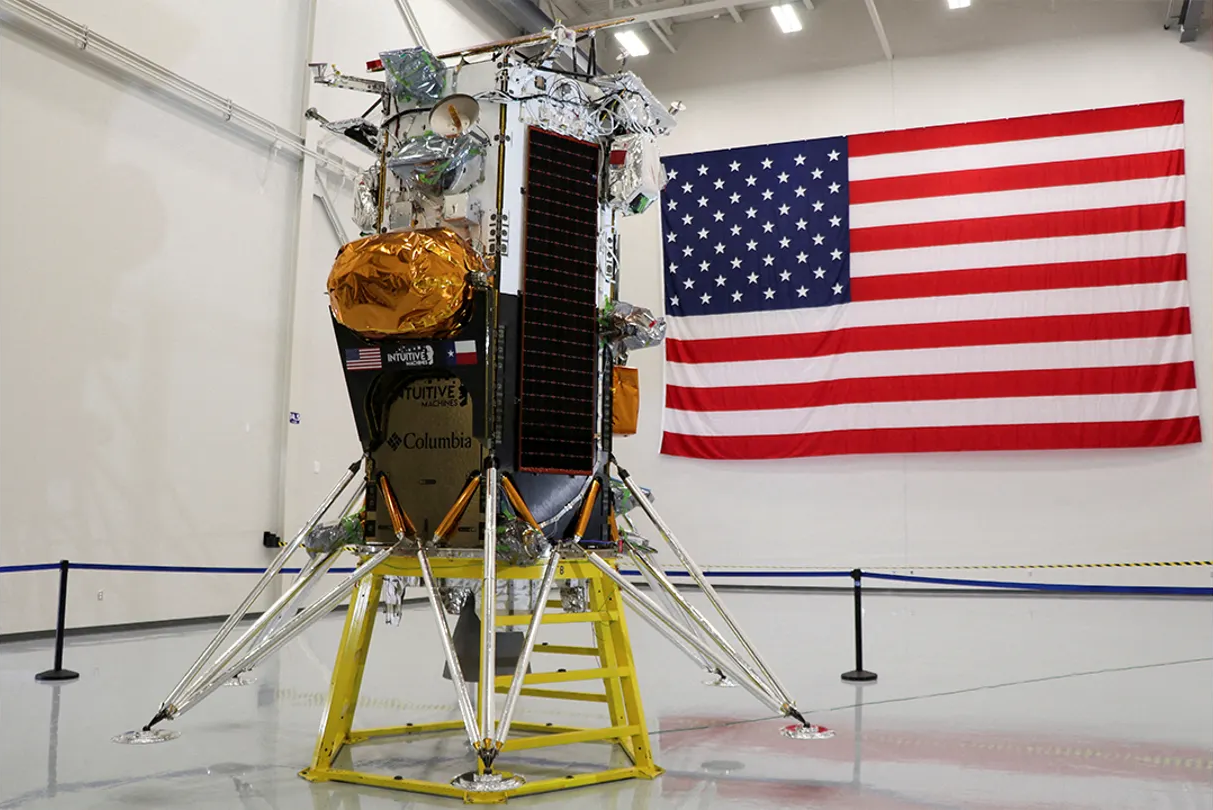Intuitive Machines has secured a groundbreaking contract with NASA to develop a satellite constellation aimed at providing vital navigation and communications for future lunar missions.
This significant contract, which could reach a total value of $4.82 billion over five years, marks a substantial step toward realizing NASA’s long-term goal of establishing a continuous human presence on the moon. The agreement, commencing with a guaranteed $150 million in the first year, includes an option for NASA to extend it for another five years.
The satellite constellation will play a crucial role in enabling continuous lunar communications. Currently, astronauts need to maintain a direct line of sight with Earth to communicate, a limitation that NASA wishes to overcome as it plans to land humans on the moon’s south pole by the end of the decade. The region poses challenges due to its lack of direct communication opportunities with Earth’s ground stations. The Near Space Network, under development by NASA, aims to address these issues by facilitating uninterrupted lunar communications.
Intuitive Machines is tasked with building a robust communications infrastructure to support this vision. This endeavor not only benefits NASA’s lunar ambitions but also offers substantial advantages to the private sector. The company’s previous achievements include executing the first-ever private moon landing in February, showcasing its capability in space exploration.
Since going public last year, Intuitive Machines has seen significant growth in its business operations. The company’s revenue surged to $41.4 million in the second quarter of this year, representing a remarkable 130% increase compared to the previous year. A substantial portion of its revenue comes from government contracts, further solidifying its position as a key player in the aerospace industry.
The satellite relays are designed to stretch from geosynchronous orbit to near the moon’s orbit and are essential for NASA’s immediate goals. The agency’s willingness to invest heavily in private companies underscores the importance of creating a reliable communications network for lunar exploration.










